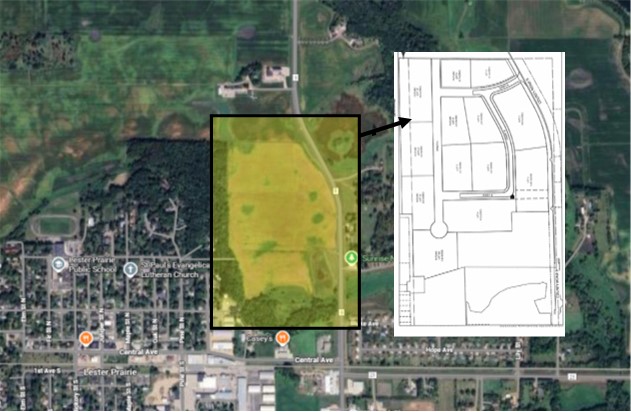Whether you’re a new or an established business you could be losing money by not hiring a commercial tenant representative. The biggest reason (which you’ve probably heard) is simply tenant representatives are trained experts who look at a deal from key angle’s and negotiate the best terms possible for you. Terms that provide flexibility for future space needs are often just as important as rental rates. Tenant representatives utilize their deep industry knowledge that you may not possess to not only address your concerns but find potential ones and address them.
This is not what we’re going to be talking about today though. Today, we want to dive into how tenant representatives can protect your future operating budget. Meaning not only how they save you money now but over the entire lease term.
When business owners (or associates) negotiate lease agreements themselves they are often only looking at their current financial situation. They know what payments they can currently afford and what their needs are. Generally, that is as far as they go. However, tenant representatives spend a large majority of their time not only tracking current market trends and patterns but also forecasting future market shifts.
This information is vital to properly evaluating the impact of a lease agreement and without a tenant representative this is often ignored.. Forecasting can be done on a broad industry level but needs to also completed for each individual business unit based on business goals, financial situations, and market behaviors. When compiled this data will map out detailed needs for the duration of the lease term and NOT just the current financial situation.
THE DIFFERENT COMPONENTS OF YOUR LEASE THAT AFFECT YOUR FUTURE BUDGETS
There are many parts of the commercial lease agreement that will need to be reviewed based on needs of your future budget situations. Let’s walk through the main components.
- Monthly rent you pay to the landlord. This is arguably the most notable part of a lease agreement that a tenant cares about. Negotiating the price isn’t based on what the tenant can pay but rather the market conditions based upon a process of evaluating competing properties in light of a company’s space needs. Knowledge is power and competition is leverage. Negotiations will proceed in the favor of the tenant when a tenant representative and the client is well educated on market conditions and expectations. Example: If a company needs new office space but only can afford $50k a month in rent, they will often locate a property around $50k a month and lease it. However, a tenant representative might study market trends, and review company performance to see they are on track to double their revenue in the next three years.. This may cause them to need double the square footage in office space. A good tenant representative will locate a property that is double the square footage then negotiate a lease where they pay $50k a month for the first couple years then it increases as their space needs dictate. The ability to expand becomes almost as important as the monthly lease rate.. The right situation will allow the tenant to continue to expand into contiguous space and not be trapped by continued growth. . Without forecasting this would have cost the tenant a lot of money on their future budget to move or separate operations.
- Flexibility to Expand and Contract. Companies do not like to think about contraction and subsequently do not do a very good job of planning for this. We always hope our client’s businesses continue to grow exponentially! However, we have found that business demand tends to move in cycles and if you have not planned for possible expansion or contraction it can be disastrous to your business in times of disruption.
- When the lease begins and ends. Based on a company’s current accounting practices it might be beneficial for tax purposes to have a lease begin or end on certain dates. Being strategic about when the lease starts and expires could help a company maximize their deductions from one year to the next.
- Lease termination conditions. Defining when and how a lease is terminated can dramatically affect your future budget in the event of unexpected circumstances. Meaning if something happens to your revenue you may still be liable for the full rent payment every month if your termination conditions are not negotiated properly. (Make sure this does not overlap with #2)
A TENANT REPRESENTATIVE DOESN’T COST THE TENANT ANY MONEY FOR THEIR SERVICES
There are many different reasons how using a tenant representative can help save you money now and in the future. However, the biggest reason to use a tenant representative is simple, they usually do not directly cost the tenant anything to use. Most often a landlord covers the cost of the fees for the tenant representative and the landlord’s agent representative. They do this because they tend to see more opportunities, have better educated tenants that tend to be happier upon occupancy and the process is streamlined which tends to save everyone money in the long run.





